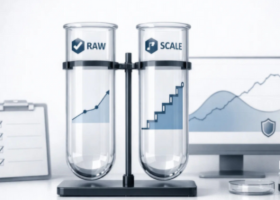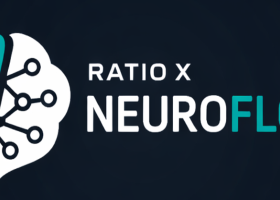Why institute traders trade so much different from the retail trader, and how it affects decision making in the market.
Institutional traders, also known as institute traders, are professional traders who work for financial institutions such as hedge funds, investment banks, asset management firms, or proprietary trading firms. They typically manage large sums of money on behalf of their institutions or clients. Compared to retail traders (individual traders who trade with their own money), institutional traders often have certain privileges and advantages:
-
Access to Capital: Institutional traders have access to substantial amounts of capital, allowing them to take larger positions in the market and potentially earn higher profits.
-
Advanced Trading Tools: Financial institutions invest in sophisticated trading platforms and tools that may not be available to retail traders. These tools can provide valuable insights and help in making informed decisions.
-
Research and Analysis: Institutions have dedicated research teams that conduct in-depth market analysis, economic research, and company valuations. This comprehensive research helps in making more informed and data-driven trading decisions.
-
Lower Transaction Costs: Institutional traders often benefit from lower commission rates and reduced transaction costs due to the volume of trades they execute.
-
Access to Information: Institutions may have access to exclusive information, market-moving news, and research reports that retail traders may not have access to.
-
Leverage and Margin: Institutional traders might have access to higher leverage and margin facilities, which can amplify potential returns (though it also increases risk).
-
Risk Management Support: Large institutions have risk management teams that assist traders in managing their risk exposure and adhering to risk guidelines.
"Becoming an institutional trader typically requires a strong educational background, relevant work experience, and a track record of successful trading. Many institutional traders have backgrounds in finance, economics, mathematics, or engineering. A common career path may involve starting as an analyst or associate and working their way up to a portfolio manager or senior trader role".
In terms of education, some institutes offer specialized training programs aimed at preparing traders for institutional roles. For example, let's take the "Institute of Trading and Portfolio Management" (ITPM) as an example:
ITPM is a trading education company founded by Anton Kreil, a former Goldman Sachs trader. The institute offers a comprehensive education program designed to train individuals to become professional traders. Here are some reasons why the quality of education at ITPM may be considered better than some other retail-oriented courses:
-
Industry Experience: ITPM's founder and mentors have real-world experience working in prominent financial institutions, which means their education is based on practical insights and actual trading experience.
-
Focus on Professionalism: The training at ITPM is geared towards preparing individuals for institutional trading roles, emphasizing risk management, portfolio construction, and trading discipline.
-
Holistic Approach: ITPM covers various aspects of trading, including technical and fundamental analysis, macroeconomics, trading psychology, and trading strategy development.
-
Mentorship and Support: ITPM provides mentorship and ongoing support to its students, helping them refine their skills and overcome challenges they might face during their trading journey.
However, it's important to note that quality education doesn't guarantee success in trading. Trading is inherently risky and involves a degree of uncertainty. Even with excellent education, traders must still practice discipline, risk management, and emotional control to navigate the complexities of the financial markets successfully. Additionally, not all institutions or education providers are equal, so it's essential for aspiring traders to do their research and choose educational programs that align with their goals and objectives.


